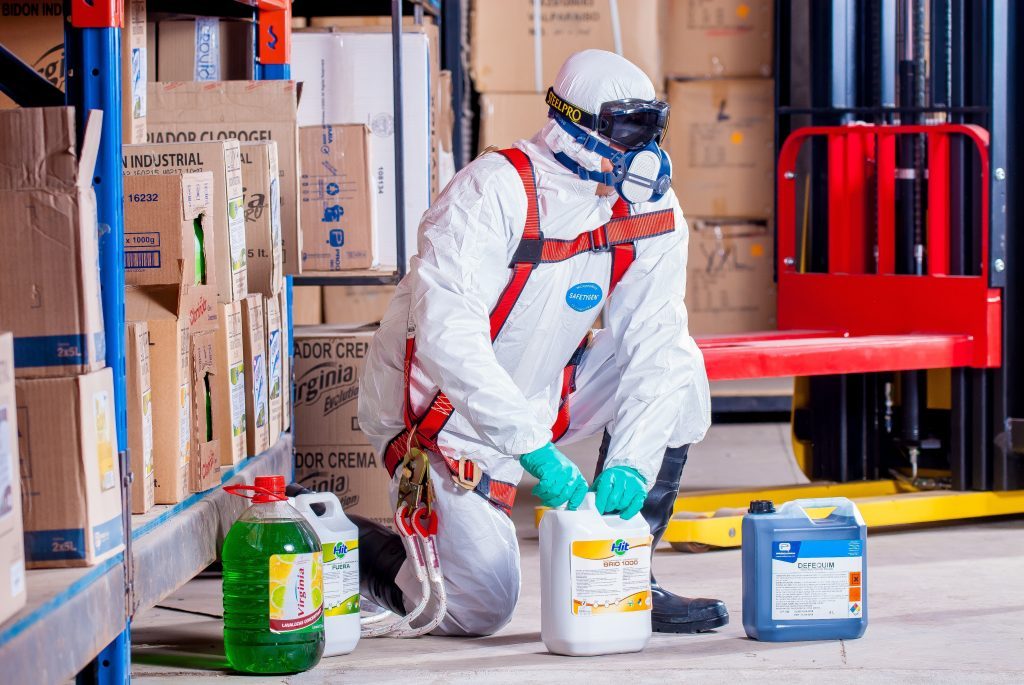
The U.S. government recently announced sanctions targeting Syrian scientists (and no doubt engineers; newspapers are not clear on the differences). Presumably the individuals targeted are involved in engineering chemical weapons, which contravene the International Chemical Weapons Convention. So here is my question: is the development of these weapons or their precursors (specified in the convention) unethical?
While this is an issue for chemical engineers, it also overlaps with IEEE space in various ways. The IEEE Code of Ethics calls for members to “accept responsibility in making decisions consistent with the safety, health, and welfare of the public, and to disclose promptly factors that might endanger the public or the environment.” IEEE does not specify any nationally or internationally “illegal” activities. It seems that chemical weapons might endanger the public and environment. I note IEEE only specified “the public” as a concern, which allows for weapons that might endanger other classes of persons such as criminals and enemy combatants. And of course many IEEE field professionals are involved in the creation of weapon systems, often working for nation states or their contractors, and this is “business as usual.” Ideally, none of these weapons would be used — presuming the absence of crime or combat (one can hope). A related question is the context of such development — if an individual is fairly sure the device will not be used, is that different than a situation where they are fairly sure it will be used?
But the crux of the issue is, what is expected of an ethical engineer in a case such as that of Syria? Going to “management” to present the concern that the work might endanger the public or environment would be a career (or life) limiting action. Going to the Organisation for the Prohibition of Chemical Weapons that is responsible for related inspections/determinations could be difficult, treasonous, and life threatening. Should the IEEE Code of Ethics specifically include illegal or treaty violations as a designated consideration? And what might IEEE do about identified violations?






 JOIN SSIT
JOIN SSIT